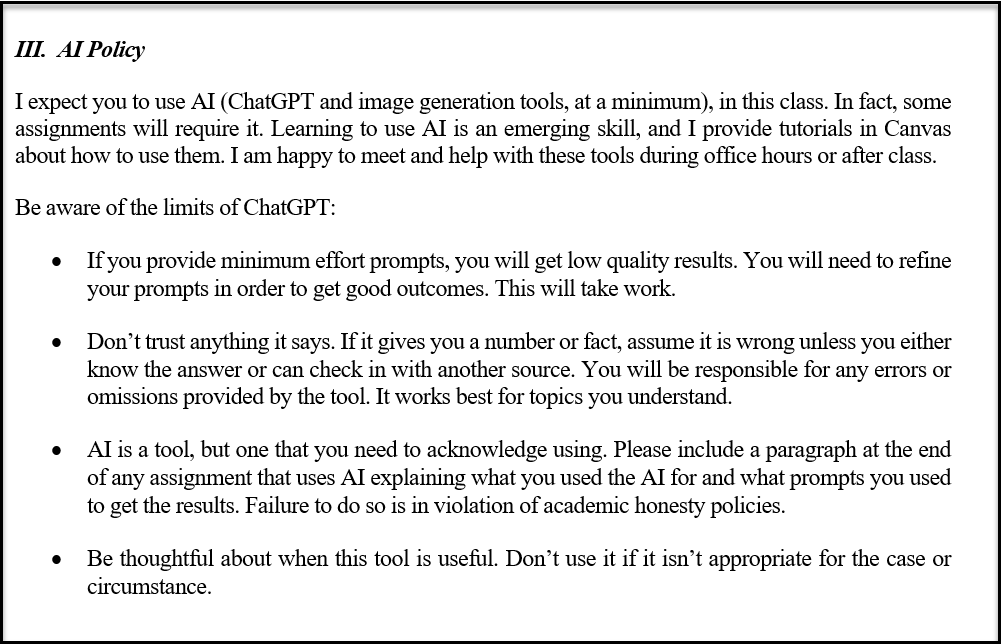- nota bene
- Posts
- n.b.8 | "this song sucks"
n.b.8 | "this song sucks"
3 to read + 2 to watch + 1 to play
No life updates this week other than the constant desire to have more time. More minutes in an hour, hours in a day, days in a week. I read once that we live in a time economy, not an attention economy, and it does feel very true. I'm always interested in things that can save time, meaning that I can reallocate it to more important things elsewhere.
— n.b.
R E A D :
So, someone made the mistake of sending singer-songwriter Nick Cave (most famously of the band Nick Cave and the Bad Seeds) a song in "his style" written by Chat GPT.
The sender, Mark from Christchurch, New Zealand, will likely never make such a mistake again, after Nick Cave returned with a scathing takedown of the song, Chat GPT, and AI in general.
I do wonder that, since we imprint so much of our own meaning on the things we read or listen to, if technologies like Chat GPT and its eventual musical equivalent will create outputs that will truly resonate with us. if they haven't already. Perhaps, but it will be much more difficult to build out the life and personality of the artist, which is ultimately what we connect with most.
Anyway, here's a great quote:
Songs arise out of suffering, by which I mean they are predicated upon the complex, internal human struggle of creation and, well, as far as I know, algorithms don’t feel. Data doesn’t suffer. ChatGPT has no inner being, it has been nowhere, it has endured nothing, it has not had the audacity to reach beyond its limitations, and hence it doesn’t have the capacity for a shared transcendent experience, as it has no limitations from which to transcend.
//
(I realize I'm talking a lot about AI again. I'd like to not, honestly, but it's interesting.)
Everyone's wondering what AI will do to classrooms, so it's nice to see teachers strike back first. Ethan Mollick, professor at the Wharton School of Business at the University of Pennsylvania, has written and applied an 'AI policy' for his classes.
//
Probably one of those things where, once you've seen it, you'll start seeing it everywhere.
Stumbled upon the Law of Triviality recently, which reads:
The time spent on any item of the agenda will be in inverse proportion to the sum [of money] involved.
Most interestingly, this argument came about from a discussion around adding a bikeshed to a nuclear power plant. A disproportionate amount of the discussion went extremely minor details--like the design, location, and materials of the bikeshed--to the point where these insignificant details started to eclipse discussion around the design of the plant itself.
Also, the reason why they call this productivity trap 'bikeshedding'.
P L A Y :
Been having a lot of fun with PlayPhrase.me recently, which lets you search for phrases from almost 8,000,000 movie clips.
I'd be ecstatic if I were a quippy YouTuber and could use these constantly, but I'm sure there are some other, more useful applications too.
W A T C H :
Finally watched 'Fire of Love', the documentary about "intrepid scientists and lovers" Maurice and Katia Krafft. Really beautiful. I had heard that the footage was good, but both Maurice and Katia were also very poetic in their writing. The narration style from artist and author Miranda July gave the doc such a unique air.
Highly suggest, even just for the overwhelming footage alone.
//
One of my 'background noise during work' videos last week was this lecture on the history of dogs by professional archaeologist David Ian Howe.
A ton of interesting information in this one, some of which even surprised my historical understanding of our relationship with dogs. Most of all, though, I was really moved by these Greek and Roman dog epitaphs (found at the end of the linked video, in case you want to see for yourself).
My eyes were we with tears or little dog, when I bore you to the grave.
So Patricus, never again shall you give me a thousand kisses. Never can you be contentedly in my lap.
In sadness I have buried you. And you deservest.
In a resting place of marble. I have put you for all of time by the side of my shade.
Thank you again for reading.
— n.b.

